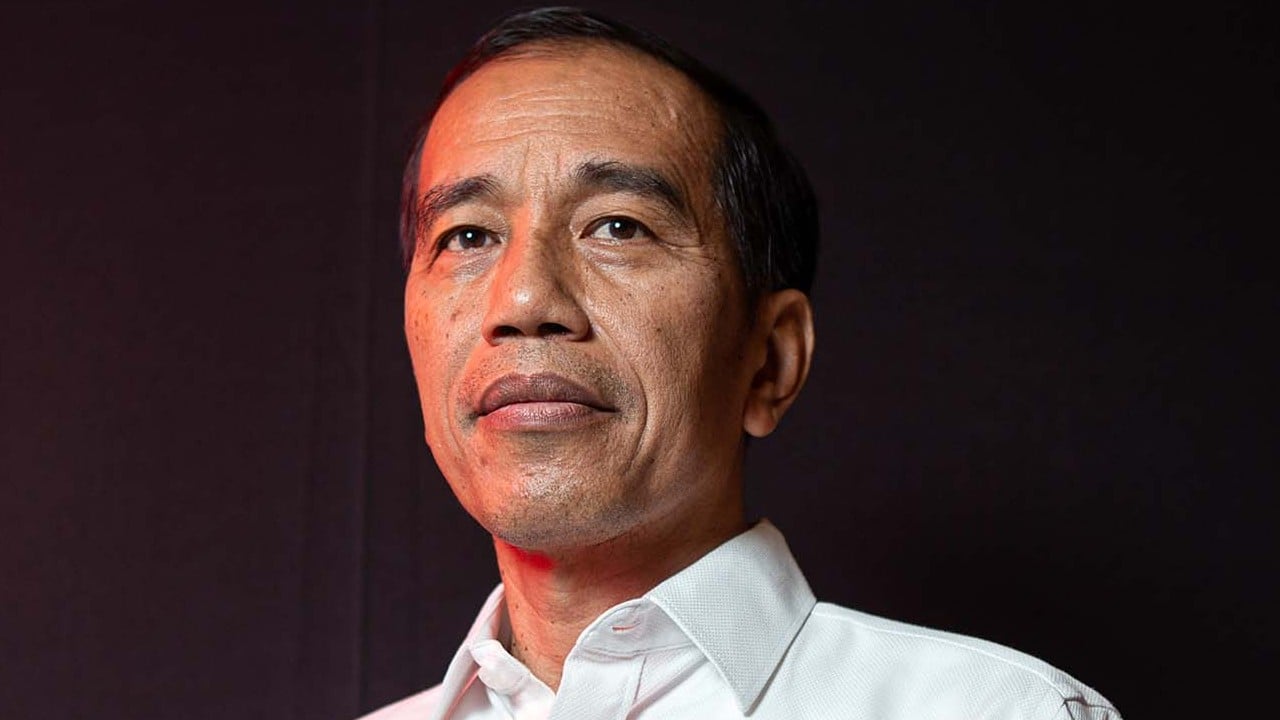Indonesia is still considering its potential membership in BRICS (Brazil, Russia, India, China, and South Africa), an emerging economies group.
BRICS aims to counterbalance Western global dominance.
“We need to wait for our delegation to return to Jakarta to evaluate the next steps regarding this matter,” stated Teuku Faizasyah, the spokesperson for Indonesia’s Foreign Ministry, to EFE.
Indonesia’s President, Joko Widodo, recently commented from Johannesburg during the 15th Summit of the bloc’s Heads of State and Government.
He emphasized that Indonesia, being the most significant economy in Southeast Asia, is “still assessing the pros and cons of joining the group.”

Widodo further said in a video shared from South Africa, “We don’t want to make a hasty decision.”
He added that Indonesia shares robust economic ties with all BRICS nations.
Recently, the group took a remarkable step by agreeing to include countries such as Argentina, Saudi Arabia, Egypt, Ethiopia, the United Arab Emirates, and Iran.
This expansion aims to strengthen the collective against Western hegemony.
While Indonesia was speculated to be one of the potential members for this expansion, it did not formally apply for membership.
MANY COUNTRIES INTERESTED
According to South Africa, the current rotating president of BRICS, around 40 countries expressed their interest in joining the bloc.
Formal interest came from 23 nations, including Argentina, Bolivia, Cuba, Honduras, and Venezuela.
China, in particular, backed the expansion of BRICS, as Beijing aims to enhance its global sway.
Notably, Indonesia chaired the ASEAN (Association of Southeast Asian Nations) this year and hosted the G20 in 2022 amidst sensitive global situations, such as the Ukraine invasion.
Joining BRICS might offer economic advantages for Indonesia.
However, there are concerns about potential geopolitical implications, especially if BRICS is perceived as a counter to the G7, as discussed in an editorial by The Jakarta Post.

